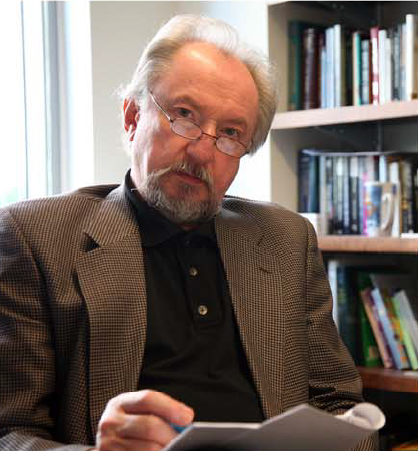WEBINAR: When Clinicians Override Advance Directives
When Clinicians Override Advance Directives: Ethical and Legal Considerations
Course Curriculum
Health professionals have been known to override patients’ advance directives. The most ethically problematic instances involve overriding a directive that explicitly forbids the administration of some life-prolonging treatment like resuscitation or intubation with artificial ventilation. Sometimes clinicians might be unaware of the directive, but in other instances, the override is done knowingly and intentionally with clinicians later pleading that it was done “in the patient’s best interests.”
This presentation surveys a twenty-year period extending back to 1997 when ethicists began to question the legitimacy of overriding advance directives despite clinicians believing they had compelling reasons to do so. A legal and ethical analysis of advance directive overrides is provided as no court to date has awarded damages to plaintiffs who alleged their loved one suffered “wrongful life” following a successful life-prolonging intervention. A hypothetical scenario is discussed wherein a patient’s DNR status is overridden because her cardiac arrest was caused by error whose effects might be reversible. The presentation concludes with a strategy for mitigating certain vagaries associated with overriding advance directives, but suggests that until courts provide clinicians with clear guidelines and protections, violations of patients’ advance directives are likely to continue.
Learning Objectives
1. Identify key ethical and legal variables that arise in overriding an individual’s advance directive.
2. Describe recent litigation involving cases where an advance directive was overridden.
3. Describe a more elaborate informed consent process involving advance directives and, especially, do-not-resuscitate orders.
Speaker
John Banja, PhD
Professor and Medical Ethicist
Department of Rehabilitation Medicine
at the Center for Ethics at Emory University

Dr. Banja has conducted research and educational projects with numerous federal and private organizations. He currently serves as the editor of the American Journal of Bioethics-Neuroscience. His research interests include patient safety, neuroethics and ethical dilemmas occurring in clinical and translational research. His most recent book, Medical Errors and Medical Narcissism, was published in 2005.
The speaker has no real or perceived conflicts of interest that relate to this presentation.